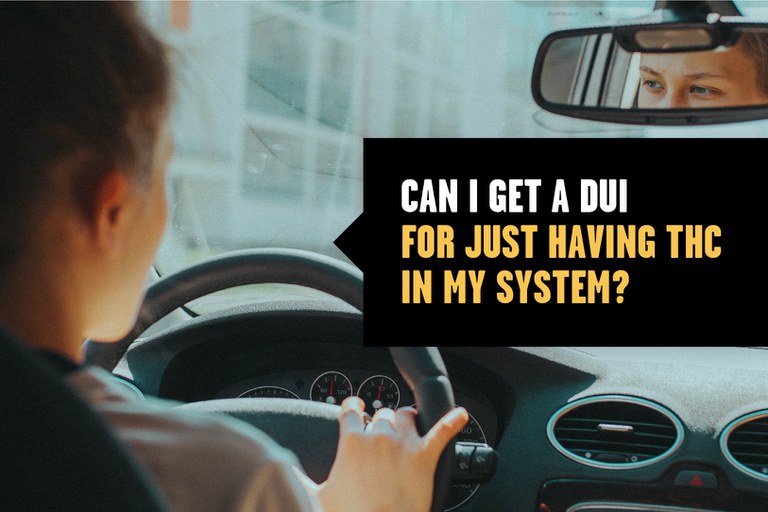Bet you didn’t know: Inactive vs. active THC and DUIs
Common cannabis-impaired DUI misconceptions
 What if I consume cannabis frequently, but I'm not driving impaired? What happens if I get pulled over while high? Can I get a DUI if I use cannabis for medical purposes?
What if I consume cannabis frequently, but I'm not driving impaired? What happens if I get pulled over while high? Can I get a DUI if I use cannabis for medical purposes?
Below are a few of the most common questions we’ve heard about cannabis-impaired driving. 80 percent of Coloradans are making responsible choices. But roughly 20 percent of cannabis consumers still report choosing to drive high. Let’s work together, through education and social change, to keep our roads free of impaired drivers.
- First, it’s essential to understand the difference between inactive THC and active THC. Impairment is caused by active Delta-9 THC, not the inactive THC that has already been metabolized by your body and can remain in your system for weeks.
- Second, a driver is never arrested because of a blood test result. They are arrested due to observed impairment by a law enforcement officer — whether that’s solely from cannabis, or a combination of cannabis and alcohol or other drugs. Toxicology samples to confirm impairment are collected post-arrest.
Thousands of law enforcement officers in Colorado are highly trained in roadside impairment evaluation through state Advanced Roadside Impaired Driving Enforcement (ARIDE) or Drug Recognition Expert (DRE) programs. They can determine impairment based on several techniques beyond the Standard Field Sobriety Test.
Colorado DUI laws still apply even if you are a valid medical marijuana cardholder, and you can be arrested and charged with a DUI if you are driving high. Ultimately, any amount of active THC in your system can put you at risk of a DUI or DWAI (Driving While Ability Impaired). The critical takeaway is that a blood test is not the sole determinant. So, it’s not really about how long weed stays in your system, but how long it’s been since you’ve consumed cannabis products.
To review the latest resources on cannabis-impaired driving, visit our resources page.
